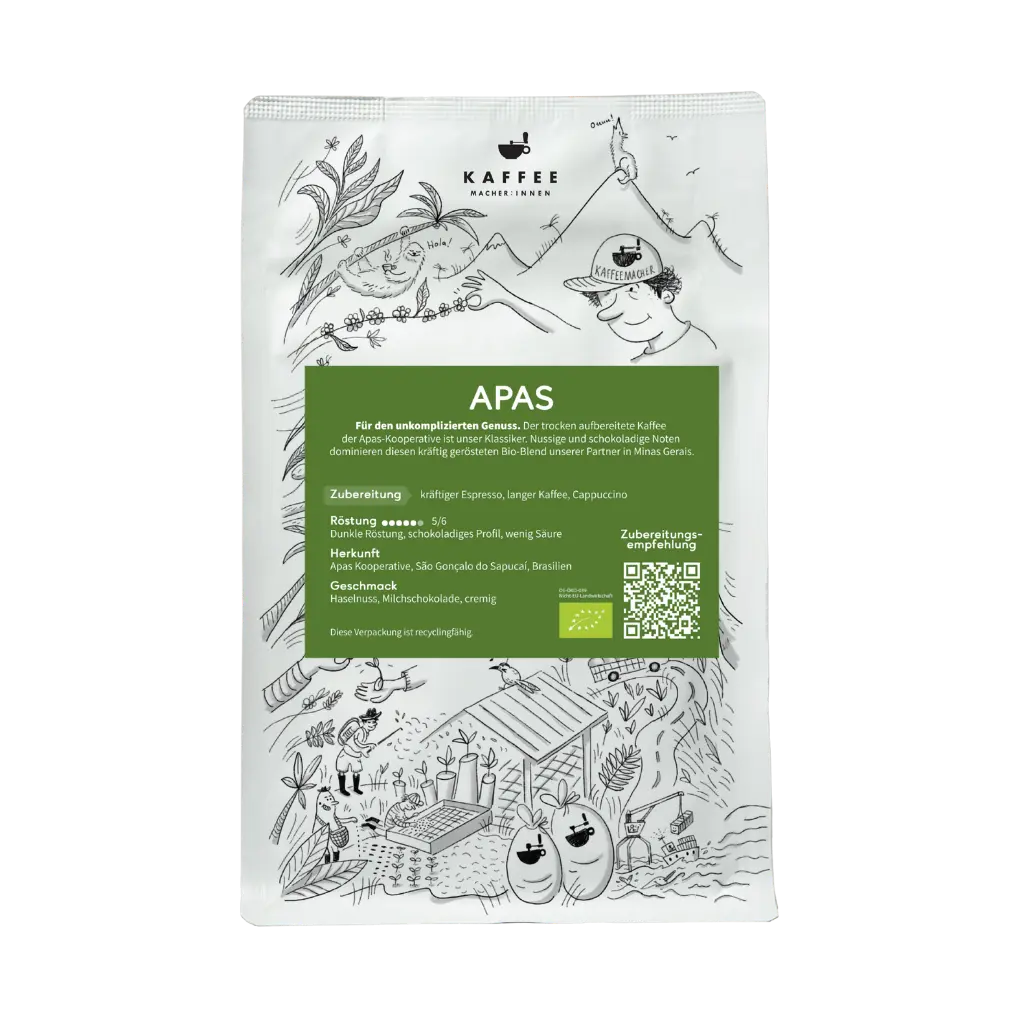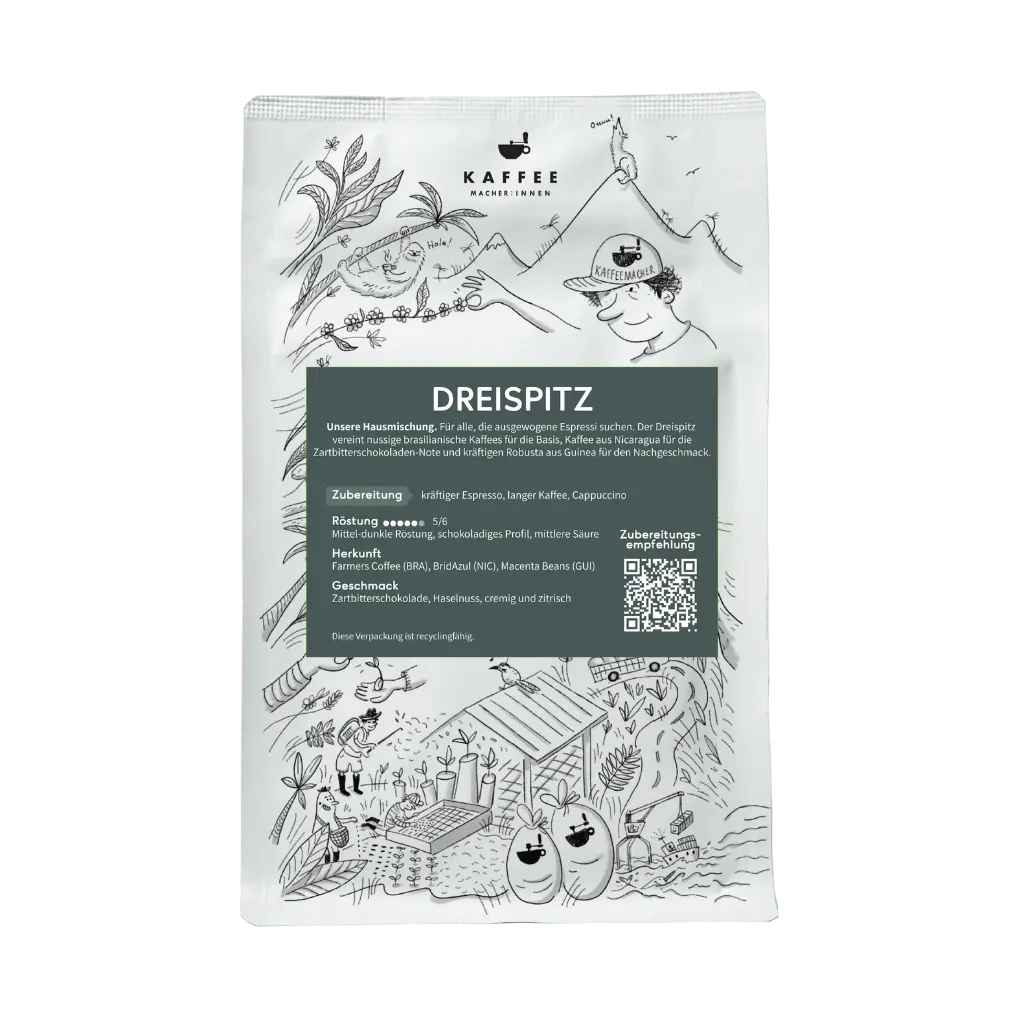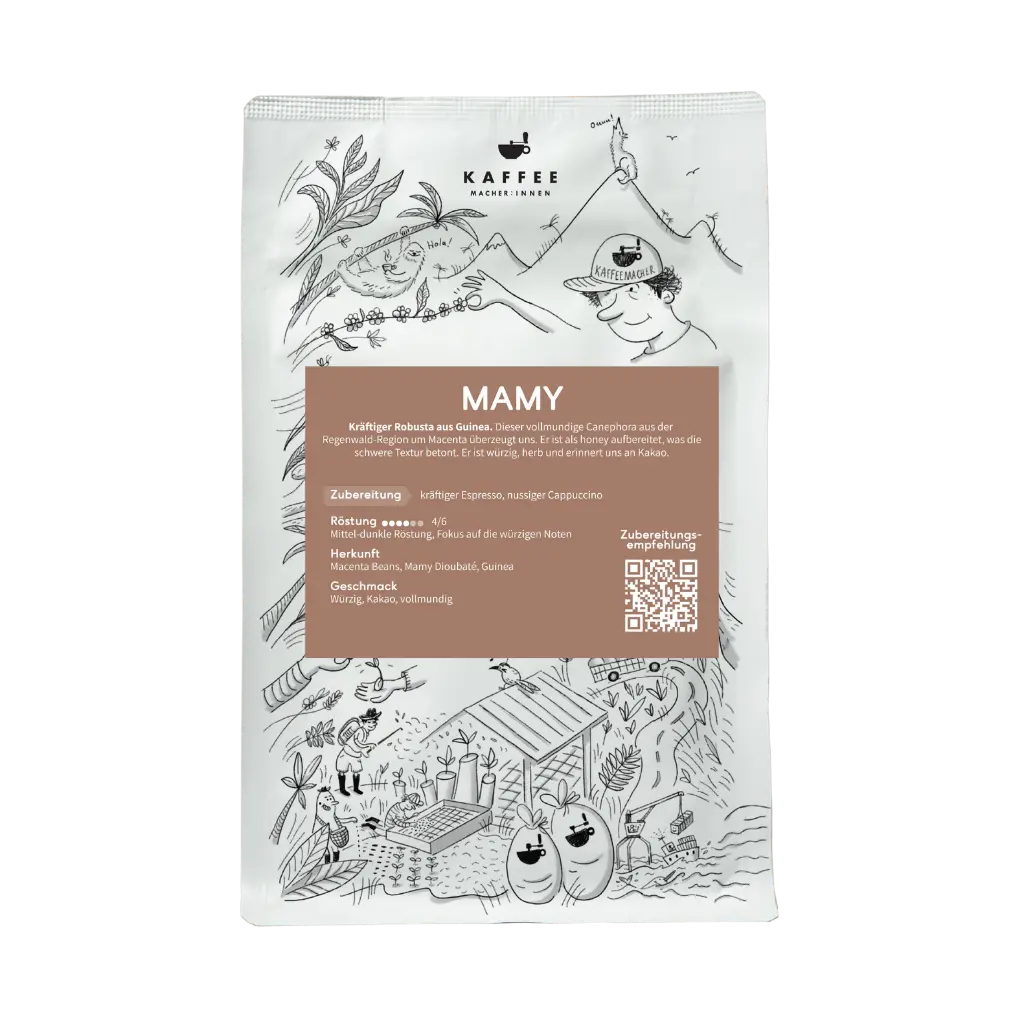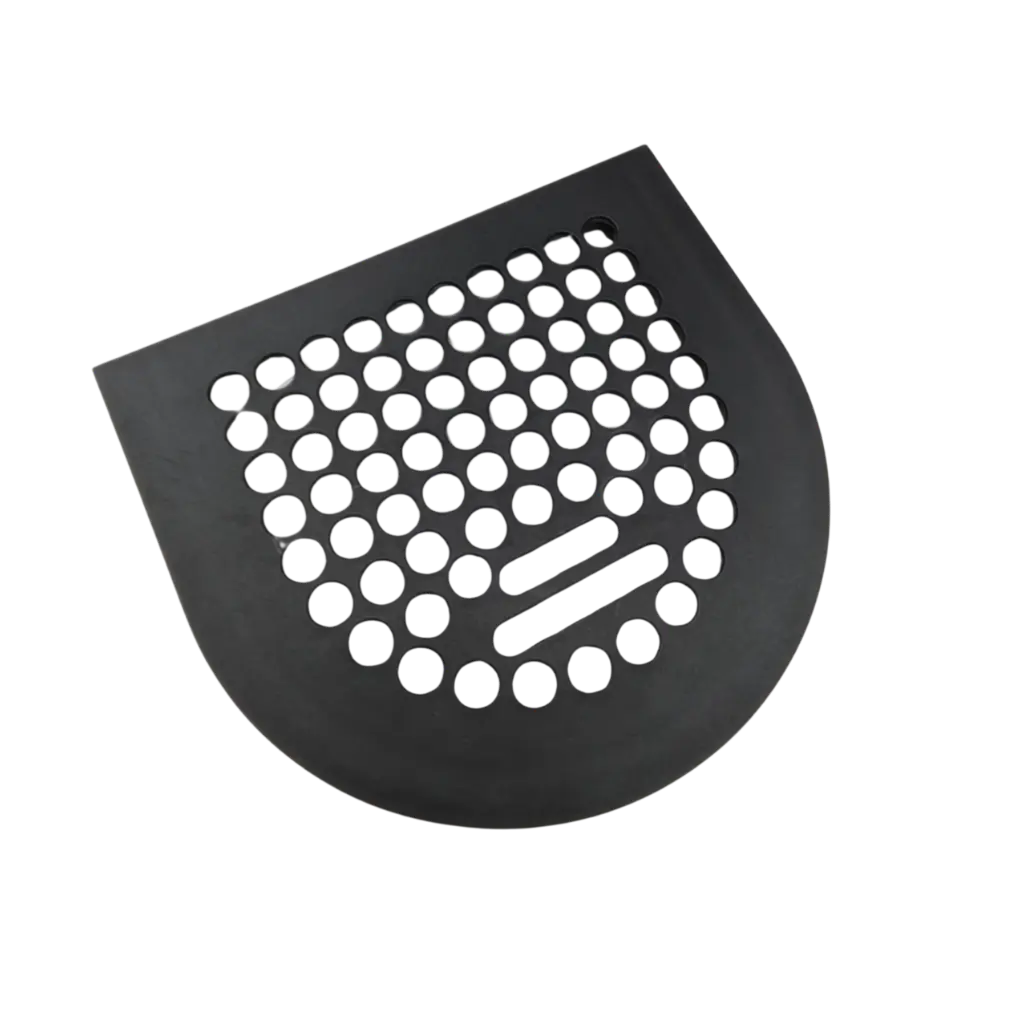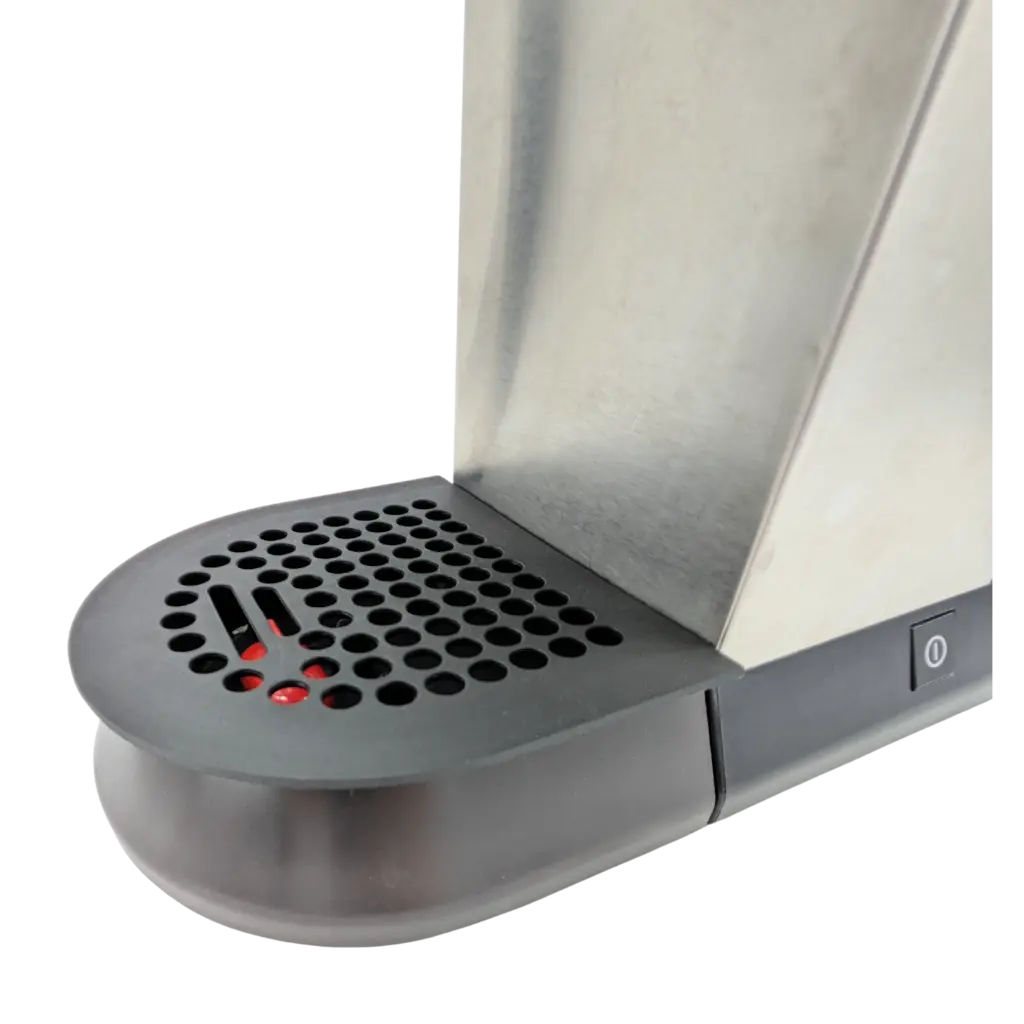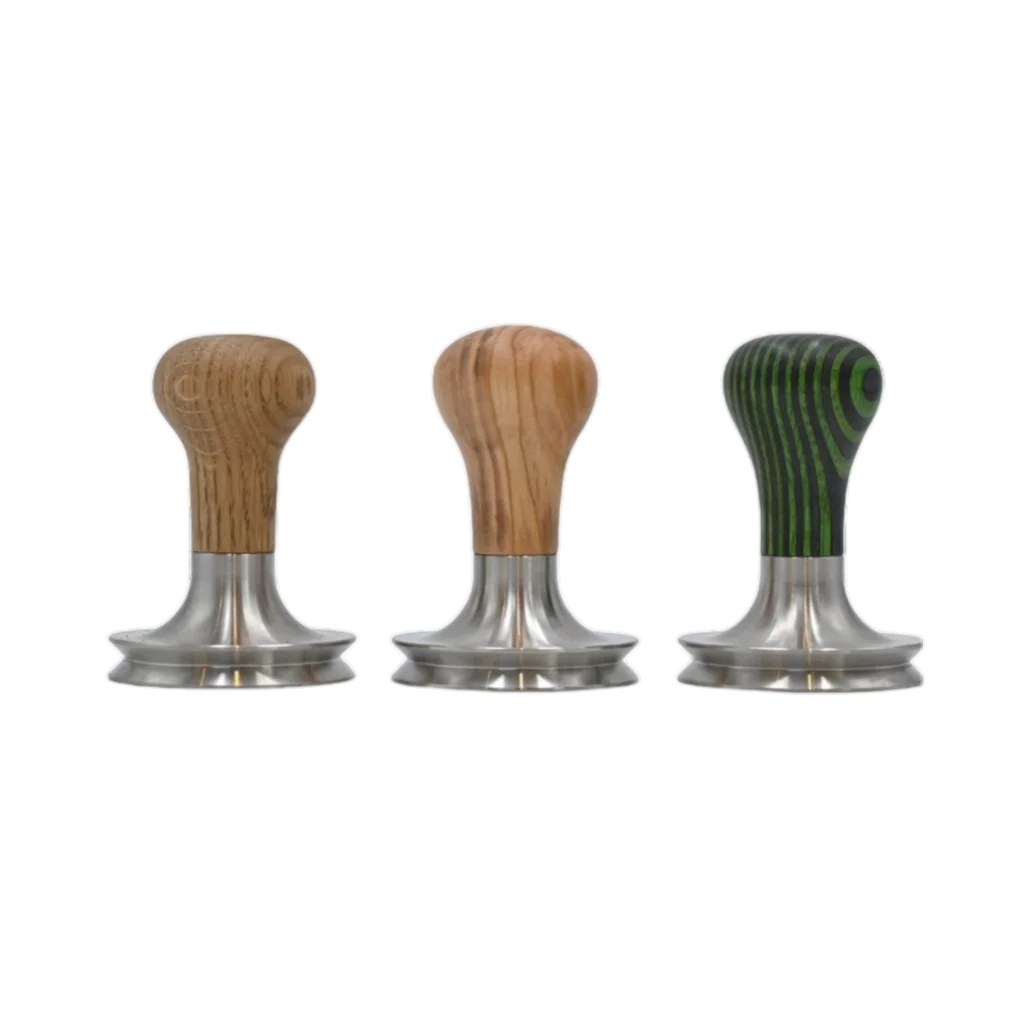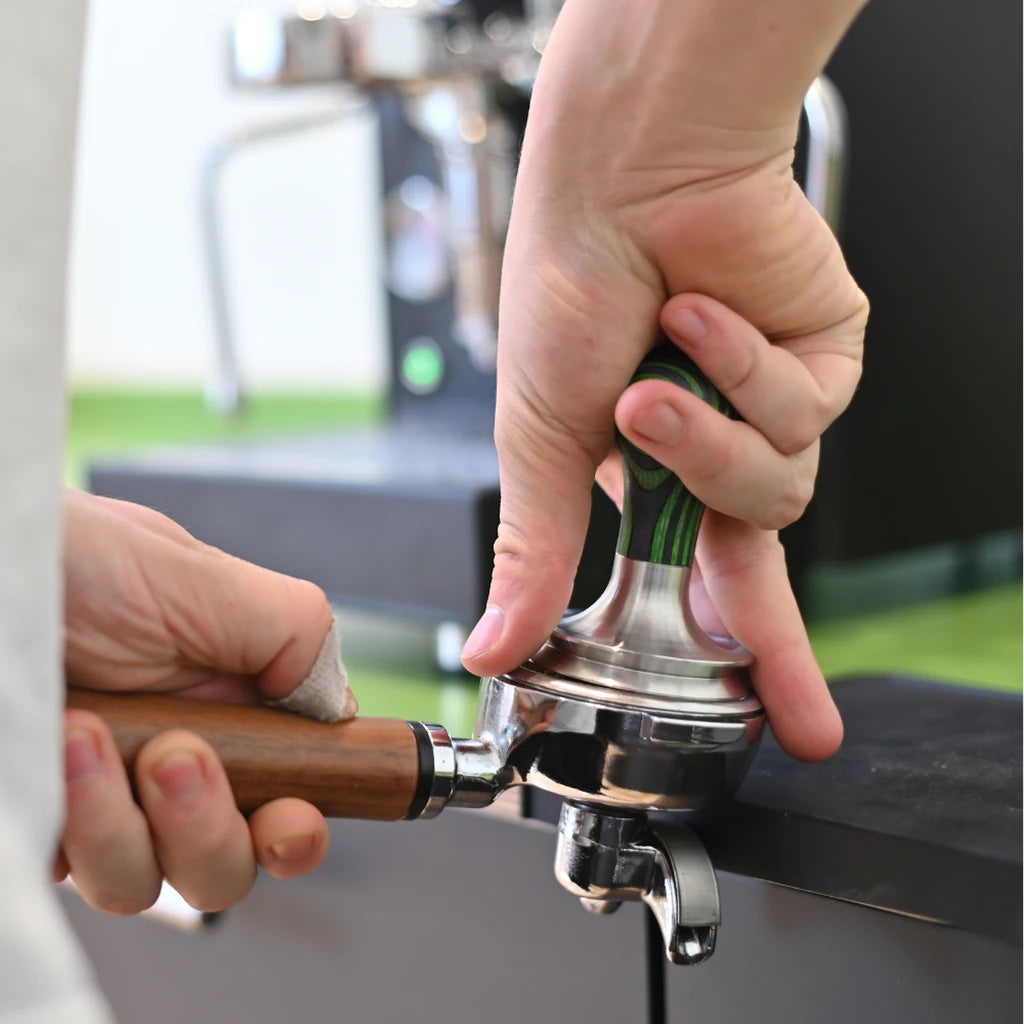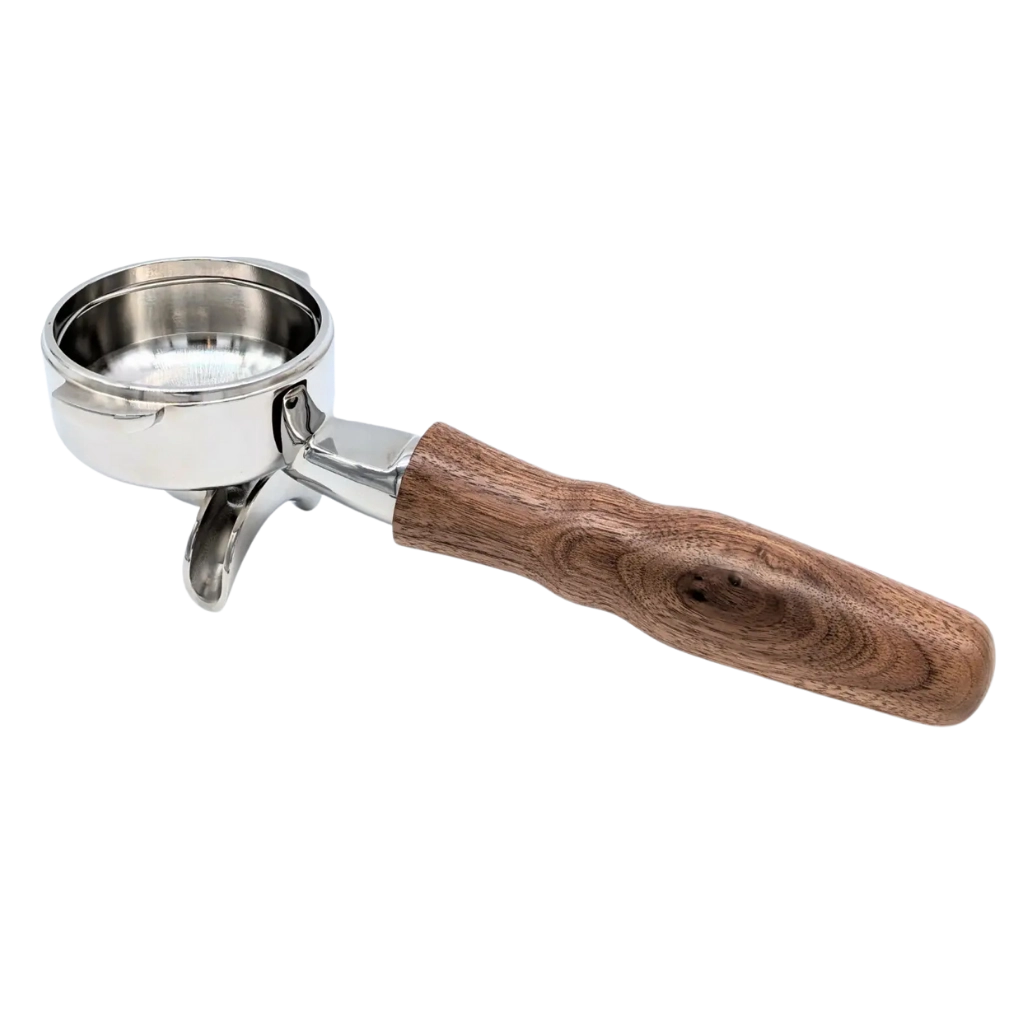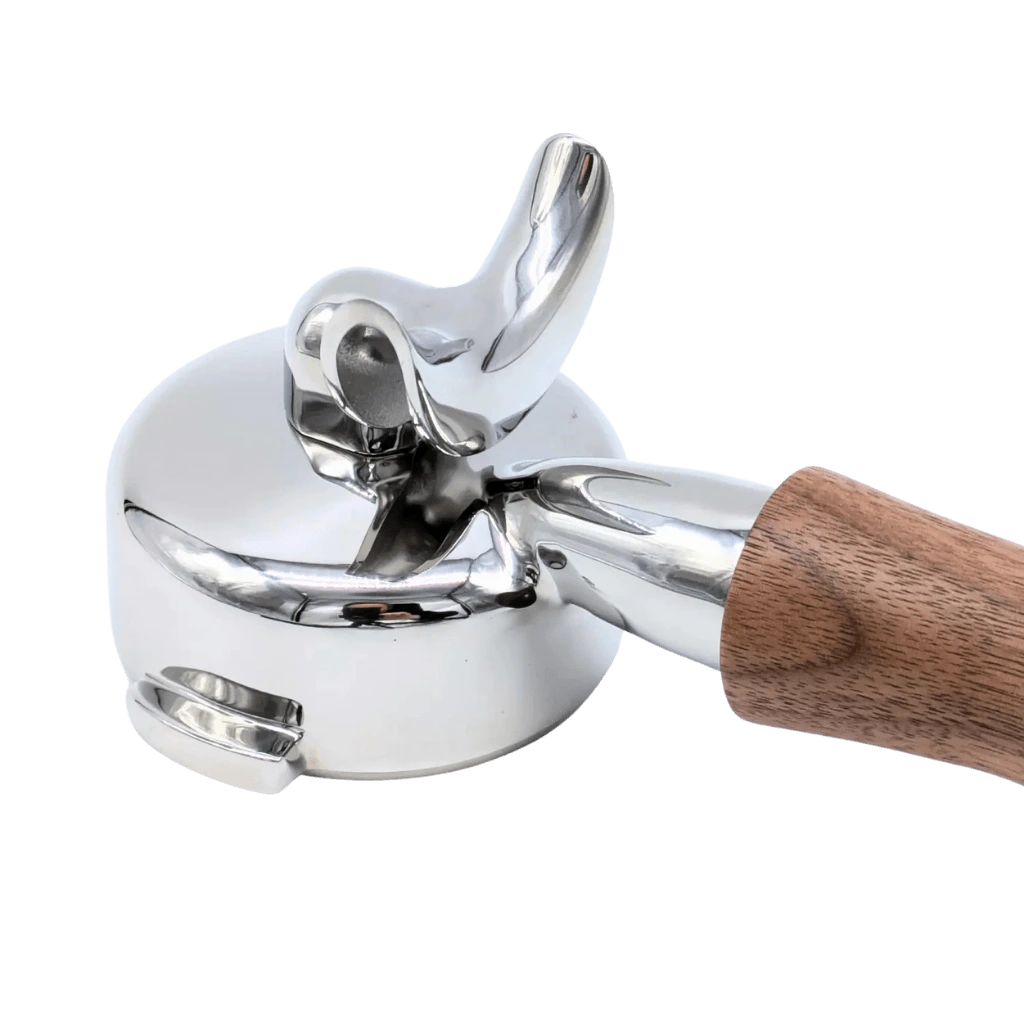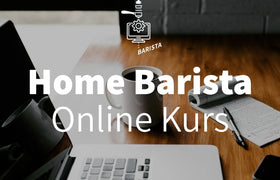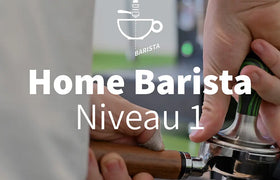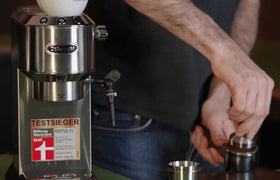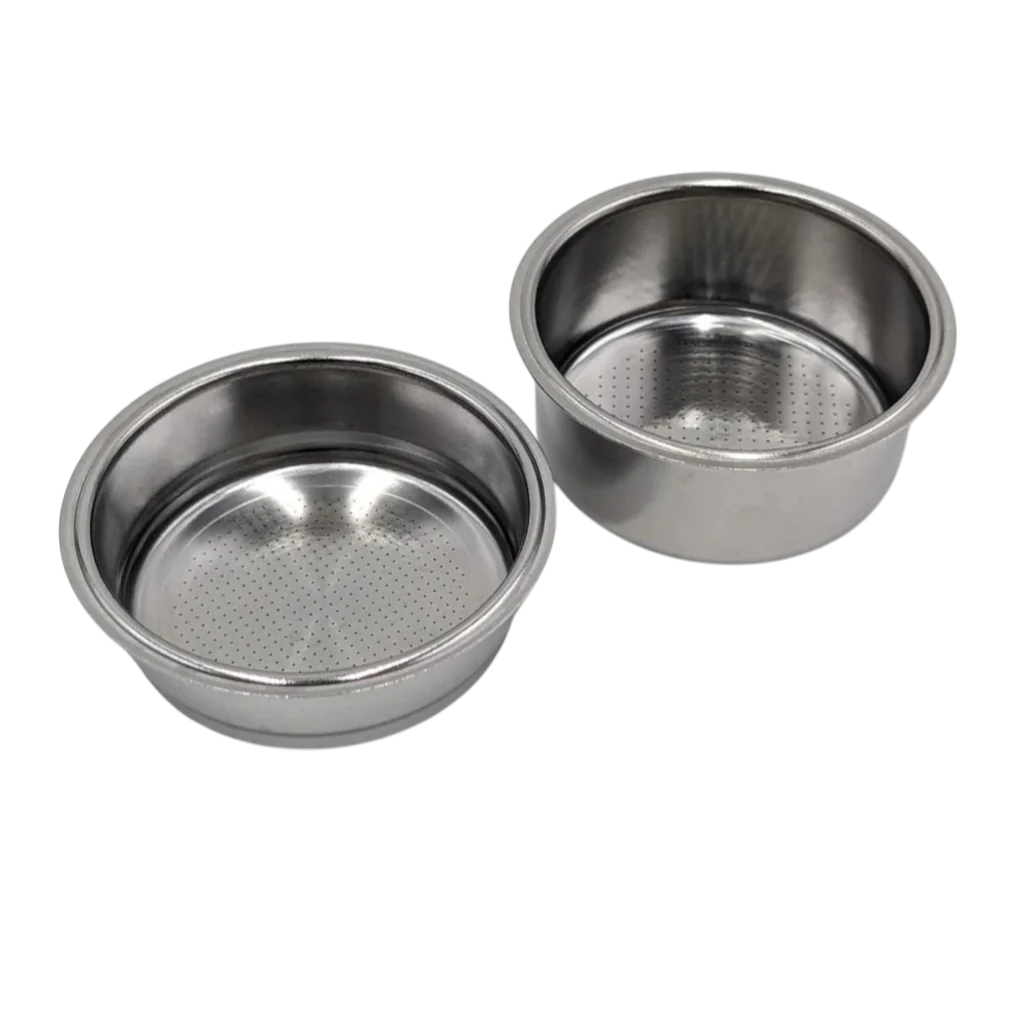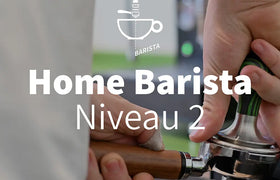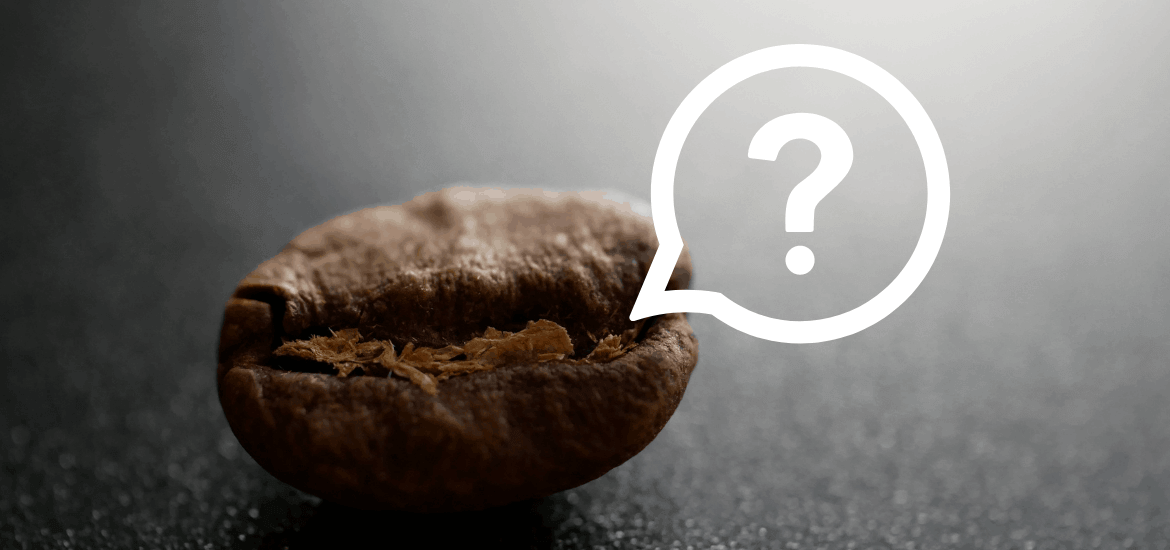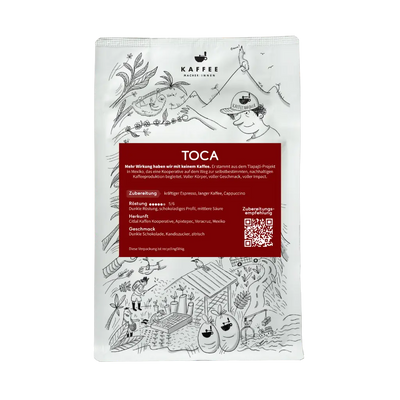Unfortunately, coffee quality is lagging behind in the wider restaurant industry—even in high-end restaurants. At the same time, coffee drinkers' expectations and knowledge are increasing. What are the reasons for this? In search of explanations with Julian Graf (Cafetier Suisse), Andreas Caminada (Schloss Schauenstein), and Claude Stahel (Black&Blaze)
Few restaurants recognize that it's time to improve coffee. "The days when coffee just worked are definitely over," Julian Graf from the industry association Cafetier Suisse tells me.
Guests are becoming more demanding, but many establishments are investing too little in coffee quality, despite the wide variety of options available. In a conversation with Julian Graf, I was surprised to see that coffee consumption in the restaurant industry is declining across Switzerland—which I see as a positive warning signal for the restaurant industry.

But there are also extremely positive exceptions – Andreas Caminada roasts his own specialty coffee at Schloss Schauenstein and serves top-quality coffee where you'd expect it: in Michelin-starred restaurants. But he's also in a minority. Why is it that coffee quality in many places isn't yet where it could be?
Laziness and lack of courage
The word "laziness" comes up again and again in conversations with regard to the effort involved in coffee. There's simply so much more to it. According to Graf, many invest in machines, but training lags behind. And no matter how chic the whole setting may be, if the coffee itself isn't of high quality, the coffee won't come out of the machine either.
“Anyone who tries to save on roasted coffee is making a mistake somewhere else in the calculation.”
Julian Graf, Managing Director of Cafetier Suisse
This miscalculation is even made where we might expect to find the best coffee: in Michelin-starred restaurants. There, capsule coffee is served with seemingly utmost conviction. It's a perfect fit, you'd think. And yet, there are quite a few Michelin-starred chefs who rely on Nespresso.
Fortunately, there are exceptions: Andreas Caminada, together with Claude Stahel, founder of Black&Blaze, built the "smallest roastery in the world." There, the two co-brand the "Atelier Caminada" coffee and sell it on-site, as well as at Jelmoli.
Stahel and Caminada talked at length about how they wanted to focus on specialty coffee, explain it, but not scare guests away. Caminada consequently stated in the conversation:
It's logical: there simply has to be specialty coffee here. If not here, where else?
Andreas Caminada, 3-star chef
Interview partners in this podcast:
- Julian Graf, Managing Director of Cafetier Suisse
- Andreas Caminada, Michelin-starred chef
- Claude Stahel, founder of Black & Blaze Coffee
–
Music: Free Music Archive, Focus by AAAlto, Creative Commons



